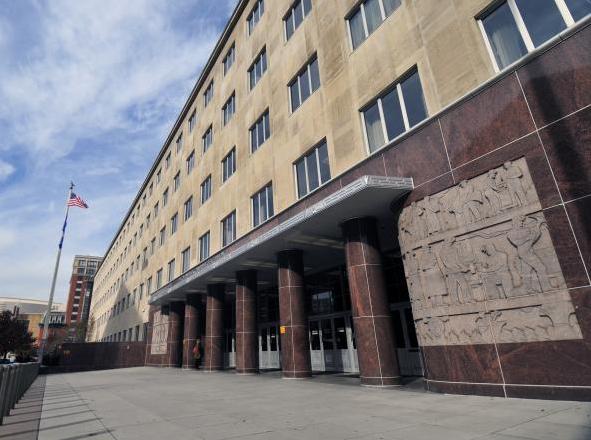Several issues found, primarily in Farm Service Agency state offices.

The U.S. Department of Agriculture has made progress in completing and reporting on reviews to determine if recipients of farm program payments comply with requirements for being actively engaged in farming. However, according to a new Government Accountability Office (GAO) report, additional oversight is needed.
USDA distributes billions of dollars a year through programs that, by law, require payment recipients to be actively engaged in farming. Recipients can be individuals or entities, such as corporations and trusts, and can receive up to $125,000 a year.
In 2013, GAO found weaknesses in how USDA assessed whether recipients were actively farming. USDA has improved its reviews since then, but weaknesses remain, GAO said in its latest report. For example, USDA waived 251 reviews that it said had been done recently and didn't need re-review yet, but there wasn't a record of recent review for 76 of them.
The report found several issues primarily in the Farm Service Agency (FSA) state offices. One devastating finding is that USDA does not systematically monitor its performance of compliance reviews.
In a statement, Sen. Chuck Grassley (R., Iowa.), who called for the report, said this lack of oversight and accountability has created a “welfare system for some joint ventures and general partnerships, particularly in the South.” The report shows that 19 of the top 20 farms that received payments in 2016 and 2017 are in the South.
Following these findings, GAO is making five recommendations, including that FSA improve the accuracy and monitoring of its compliance review tracking system data and that FSA examine compliance review teams' use of interviews -- or documentation for not conducting them -- and provide additional guidance or training, as necessary. USDA generally agreed with the recommendations.
“As a lifelong family farmer and taxpayer watchdog, I’ve fought to close loopholes that have allowed some operations to exploit federal farm payments at taxpayer expense. It’s situations like this that undermine the purpose and support for farm safety net programs that help farmers weather downturns in the market and survive natural disasters, such as the derecho that wiped out tens of millions of acres of crop acres and damaged grain bins across 57 Iowa counties,” Grassley said. “Farm payments should only go to those with dirt under their nails. Congress must fix this broken system in the next farm bill. I look forward to continuing to work with the USDA as they address much-needed changes to FSA office operations to implement these recommendations.”
Grassley has been a longtime advocate for farm payment limitations. His amendment to close a loophole that allowed an unlimited number of so-called managers to qualify for federal subsidies was included in the last two farm bills during Senate consideration, although in both of those farm bill negotiations, Grassley’s amendment was removed from the final bill. Before the last farm bill, GAO documented at least $259 million paid out through the actively engaged loophole Grassley’s amendment sought to close.
Recently, USDA announced its final rule on the implementation of payment limitations and definition of “actively engaged” in farming as part of the 2018 farm bill. Last year, Grassley and Rep. Jeff Fortenberry (R., Neb.) sent a letter to Agriculture Secretary Sonny Perdue urging him to use his existing regulatory authority to implement the farm bill in order to ensure that individuals receiving farm payments are actively engaged in farming.
“While this is an important step, it’s clear based on this GAO report that there is much more work to be done,” Grassley noted.
About the Author(s)
You May Also Like




.png?width=300&auto=webp&quality=80&disable=upscale)
